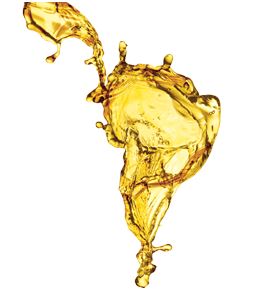With the state of the current economy it may come as a surprise that a number of firms are continuing to acquire other companies. However bankers are pointing to early signs of a pick-up in mergers and acquisitions (Source Reuters). This pickup in M&A activity may be due to the recession though not all cases can be definitively linked to it!
The incentives among latest M&A activities in lubricants sector vary. There were unconfirmed news reports that Ashland is seeking to sell its interest in Valvoline. Our conjecture is that this could be because its core business is adversely affected by the recession and needs funds to reduce its debt burden. Ashland would like to transfer some of its debt to Valvoline as part of the sale. (Source OEM/Lube News)
SK has confirmed that it is spinning off its lubricants / basestocks unit into an independent business. The company has announced ambitious plans to add 24.5 KBD of new Group III capacity by 2014 of which 20 KBD will come from new plants in Asia or Europe and 4.5 KBD from expansions at its existing plants in Korea and Indonesia. Our assumption is that this spin-off is a precursor to taking on a strategic investor who can help fund these expansion plans.
Fuchs is the only real example of an M&A transaction. Fuchs Lubricants has acquired Dylon Industries, which manufactures forging lubricants and other metalworking lubricants. To give some background, the recession has been very hard on Metalworking fluids business. Volumes have dropped by 20-25% and the light at the end of the tunnel is still not visible. It is possible that in such a situation a niche suppliers like Dylon must be under a lot of stress. On the other hand, a full-range suppliers like Fuchs are in a relatively better position due to the diversified nature of their portfolio. This could possibly be a case of a strong market participant acquiring a weaker competitor on favorable terms due to the prevailing market condition. The transaction saves the acquired company from going under and provides the acquirer with a new line of products to complement its range.
In all of the above examples the situation and motivation for M&A is different. The assumption is that the SK situation may not be linked to the recession. However in the other two we may have a distressed seller looking to exit or find a savior in a difficult business environment. It is the Fuchs transaction that is the most interesting, not only because it is the only one that has happened, but we would expect to see more of this going forward. There are a number of small niche metalworking fluid suppliers all looking for a white knight.
In contrast to companies with a balanced portfolio, the niche marketers who are specialized in a specific product category, particularly metalworking fluids, have felt the full brunt of the recession and will have to fight hard for survival. Therefore this might be a great time for full range marketers to seek acquisition targets and gain market share, as the markets re-bound.
co written by Milind Phadke, industry manager, energy practice
Thanks for sharing!











